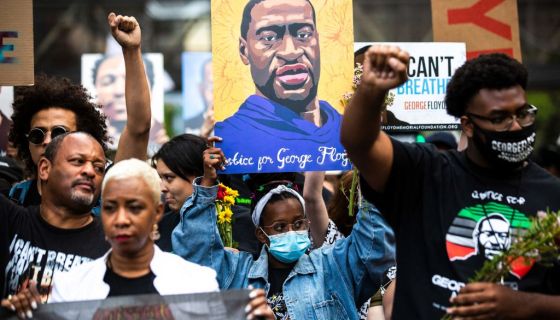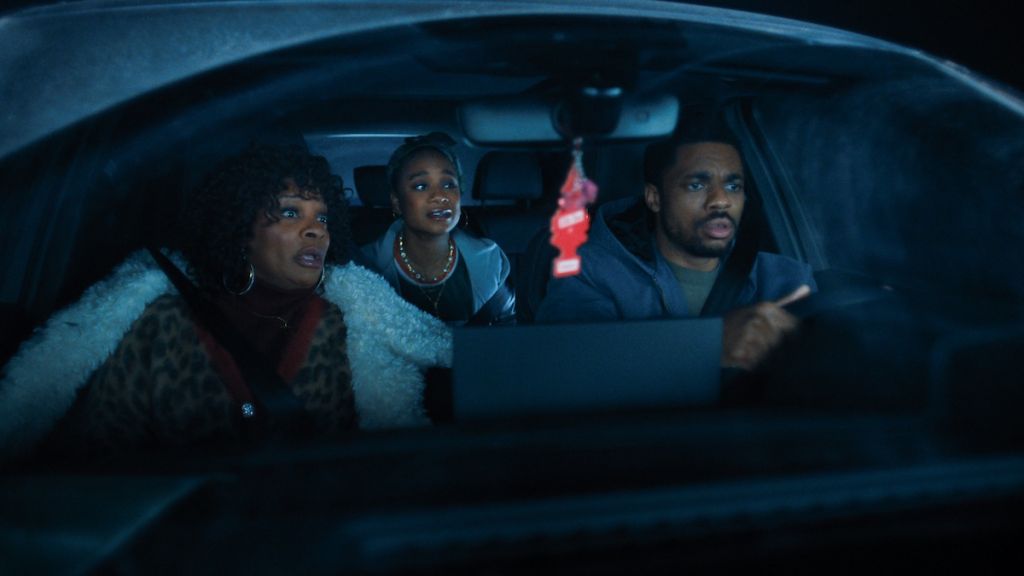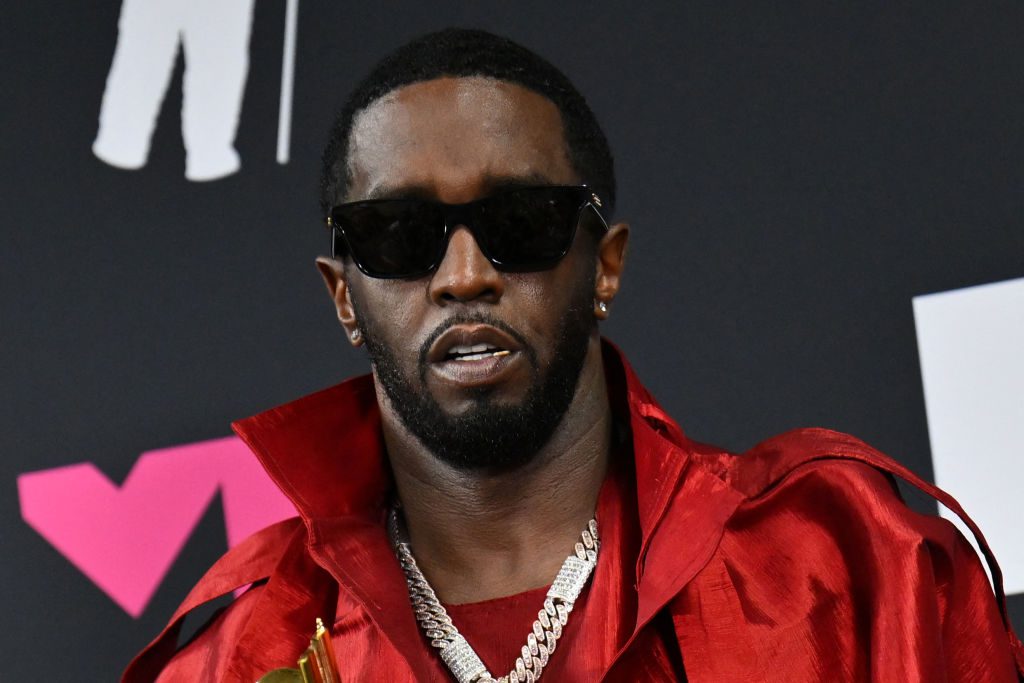May 25, 2021 marks the one year anniversary of the horrific day George Floyd was murdered by Derek Chauvin in front of a crowd of people on the streets of Minneapolis, Minnesota.

Source: KEREM YUCEL / Getty
In the weeks following that fateful day, millions of protesters took to the streets to voice their disgust of this ongoing problem, with Floyd’s senseless murder at the hands of police being a story we’ve all seen too many times before. Though we’ve still had our fair share of similar, avoidable tragedies in the year since Floyd was murdered, there is some hope for the future in the form of H.R.7120.
H.R.7120, also known as the George Floyd Justice In Policing Act of 2020, is one of the legislative measures that would aid in creating true change in this undeniably racist country. This bill was introduced on June 6, 2020, and is sponsored by Rep. Karen Bass of California.
The act was approved by the House in March but has yet to receive a vote in the Senate since Republicans–like Mitch McConnell– don’t have any interest in reforming law enforcement or holding murderous police accountable.
H.R.7120, in its original form, is a substantial piece of legislation that could provide protection for the citizens and punishment for those who violate them. One major sticking point that is keeping those on the right from giving their full-throated support is a clause called “qualified immunity.” This prevents police officers from facing most civil lawsuits regardless of their actions, an essential clause to the George Floyd Act because it will threaten the livelihood of cops if they brutalize or kill a citizen unjustly.
It’s simple: Any law that doesn’t have legal ramifications won’t lead to substantive change.
Here are a few other clauses written into H.R.7120 that aim to stop the violent tendencies currently demonstrated by cops, thanks to NBC News.
- Ban no-knock warrants in federal drug cases and, as with chokeholds, encourage local and state agencies to comply by tying bans to federal funding. A no-knock warrant led to the fatal shooting of 26-year-old Breonna Taylor by police last year in Louisville, Kentucky.
- Make it easier to prosecute police officers accused of misconduct by lowering the legal standard from willfulness to recklessness.
- Prohibit racial, religious and discriminatory profiling by law enforcement agencies at the local, state and federal levels and mandate training against such discriminatory profiling.
- Require local and state police agencies to use existing federal funds to ensure the use of body cameras, require all federal uniformed officers to wear body cameras, and require all marked federal police vehicles to use dashboard cameras.
- Create a national police misconduct registry to prevent police officers who are fired or pushed out for bad performance from being hired by other agencies.
You can head to Congress.gov to read the bill in its entirety.
Rest in peace, George Floyd.







